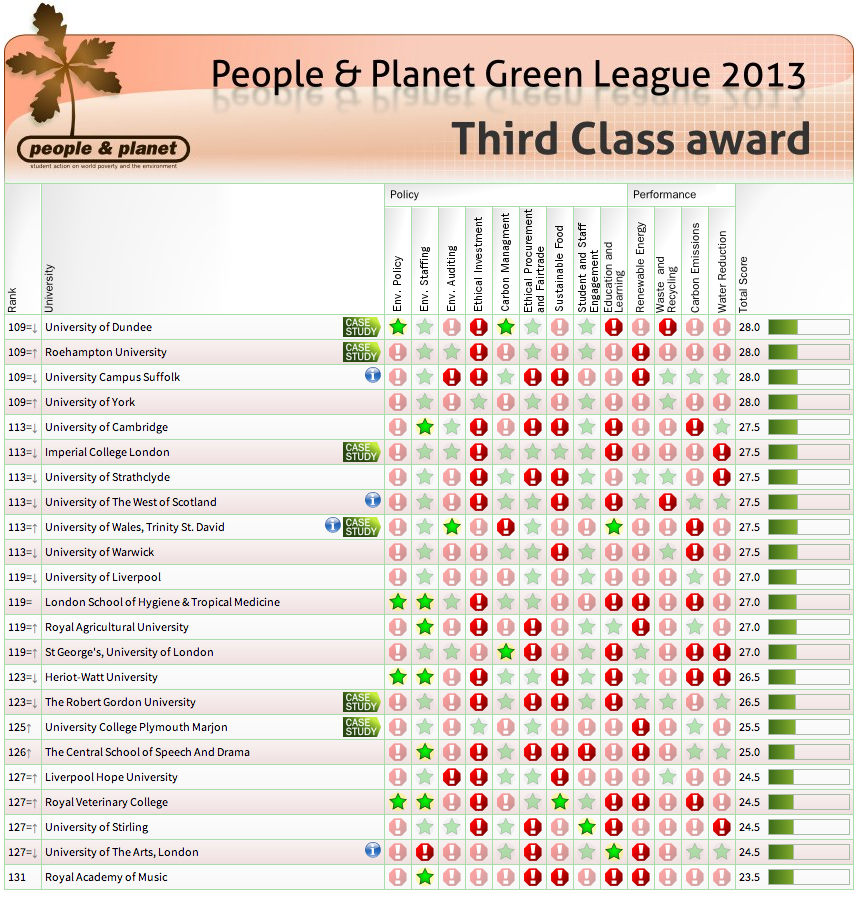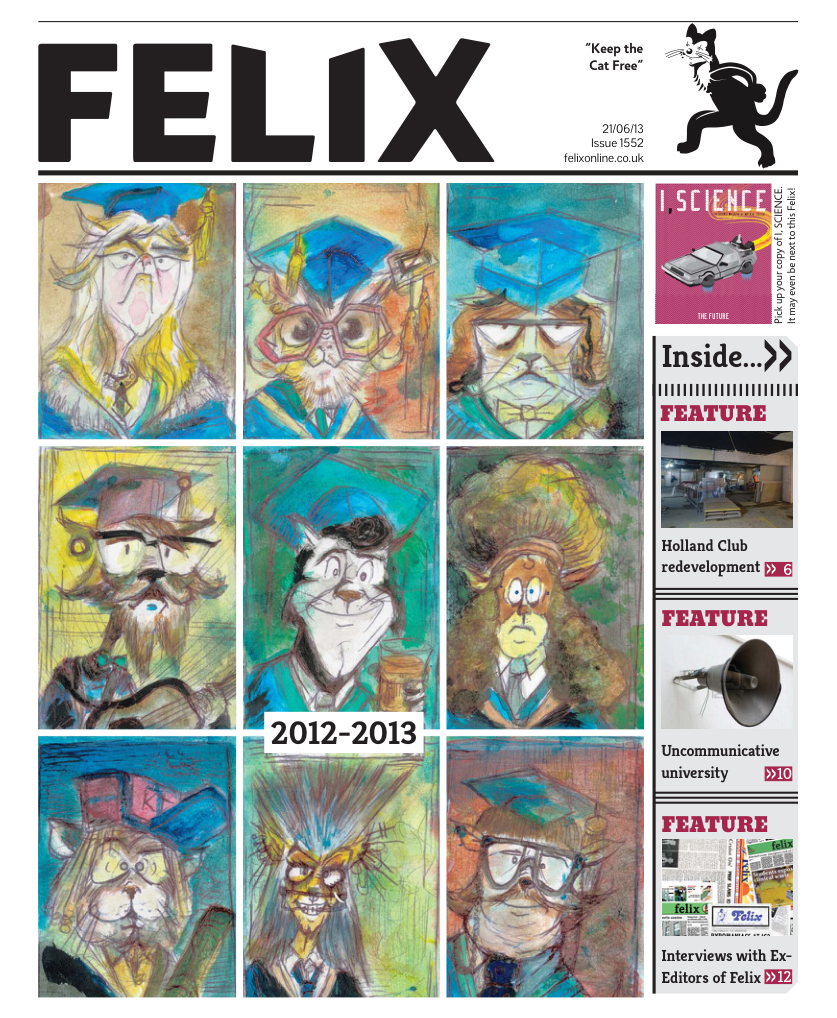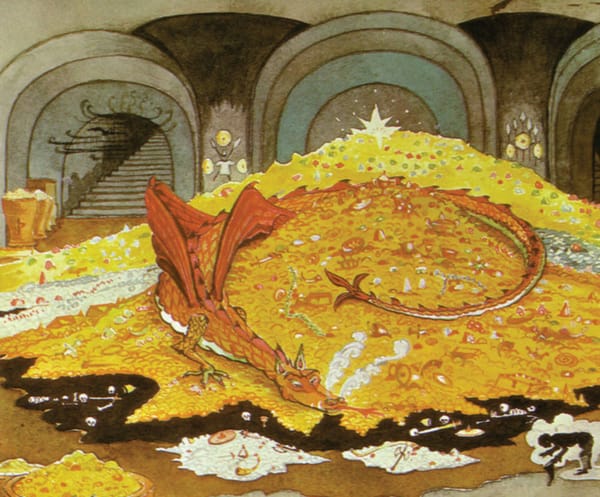Imperial slips to 113th in green league
Everyone's nightmare: a third

Imperial College London has been ranked 113th place in the People & Planet’s Annual Green League Table for 2013. This is a drop of 17 places since last year, where Imperial was ranked 96th place in the 2012 League Table.
The People & Planet are the UK’s largest student campaigning network; they compile the Green League Table annually. In 2013, 143 UK universities were ranked. They were awarded a 1st, 2:1, 2:2, 3rd or fail. The ranking depended on 13 different criteria, including: carbon management, environmental policy, performance in carbon reduction, waste recycling, student engagement, energy efficiency, green curriculum, waste recycling, energy efficiency, transport emissions, ethical procurement, sustainable food and water consumption. The People and Planet’s Go Green Campaign kicked off in 2003, it aims to change the environmental performance present in the higher education sector.
Louise Hazan, compiler of the People & Planet Green League commented: “After a decade of student-led Go Green campaigning, the Higher Education sector has made excellent progress in areas ranging from carbon reduction to ethical procurement. For the first time ever, 100% of universities assessed now have an environmental policy. However, we’re seeing excruciatingly slow progress from too many universities in some criteria such as ethical investment given the urgency of the climate challenge. We’d encourage those who have failed this year’s Green League ‘exam’ to take a leaf out of Manchester Metropolitan’s book”
Imperial’s score meant that it was awarded a 3rd Class award. Imperial scored full points in the Environmental Policy and Student & staff engagement categories. On the other hand, Imperial did not receive any points for the Ethical Investment, Curriculum and water consumption categories.
Imperial does have SMART targets set in key areas for waste, transport, procurement, water, construction and the community; however, targets have not been set for discharges or biodiversity. Imperial has a Carbon Management Plan target, which aims to achieve a 20% reduction in CO2 emissions from 2008 to 2014. But this can only be achieved via a Continuous Commissioning programme, this requires an in depth analysis of individual buildings to ascertain opportunities for improvement.
A continuous optimisation report by Imperial outlined that: “The examination involves identifying the original design specifications; analysing the current occupation strategy and area by area use; identifying the service strategies which are actually needed to meet current requirements; and developing proposals for operational changes and cost-effective investment to meet these requirements in safe but more energy efficient ways. As the examples show, this typically involves measures such as air change volume adjustments; changing AHU temperature and time set-backs; introducing more efficient plant; adjusting pump delivery to meet flow demands; improving filter efficiencies; and introducing occupancy controls such as CO2 sensors and user switches.”
Manchester Metropolitan University came in top place and was named the greenest university in the UK, the University of Plymouth came in 2nd place and the University of Gloucestershire came in 3rd place. Alongside Imperial, Oxford and Cambridge also performed worse than they did in 2012. Cambridge was ranked 113th place and was awarded a 3rd class, Oxford came in 132nd and was awarded a Fail.
Imperial College London reuse scheme
There are green and sustainability initiatives happening at Imperial College London. For example, there is a Reuse and Recycling scheme. This has been running for five years and College say it has always been well supported. Felix have been informed that the amount of donations has been falling each year and that there are still many items appearing in the waste that could have been reused. Last year, Imperial were not last in terms of donations of this scheme, but were a long way behind other universities such as London South Bank. Last year the hall that lowered their carbon footprint the most was Orient House (38 kg CO2 reduced per student). The hall that lowered their carbon footprint the least was Holbein Willis Jackson (8 kg CO2 reduced per student)
Union applying for sizeable grant
Imperial College Union are currently making a bid for the Students’ Green Fund. This is a fund for student unions to “take leadership and ownership of the sustainability agenda in higher education”. If the Union win this, they will get a share of a pot of £5 million.
The money is distributed through the National Union of Students (NUS) on behalf of the Higher Education Funding Council for England (HEFCE). The Union have already submitted their expression of interest, and the full deadline for the bid is on 3 July 2013.








